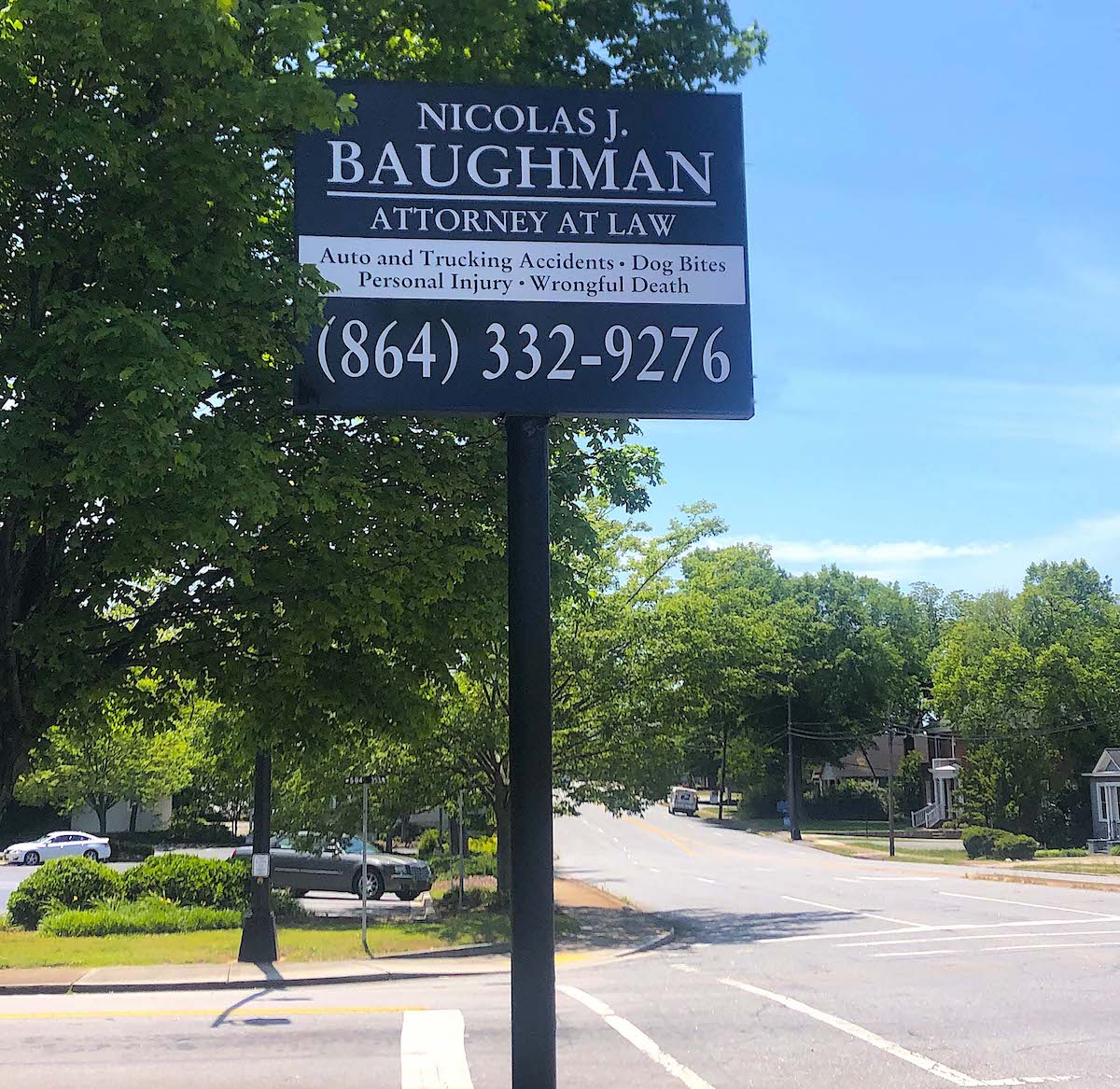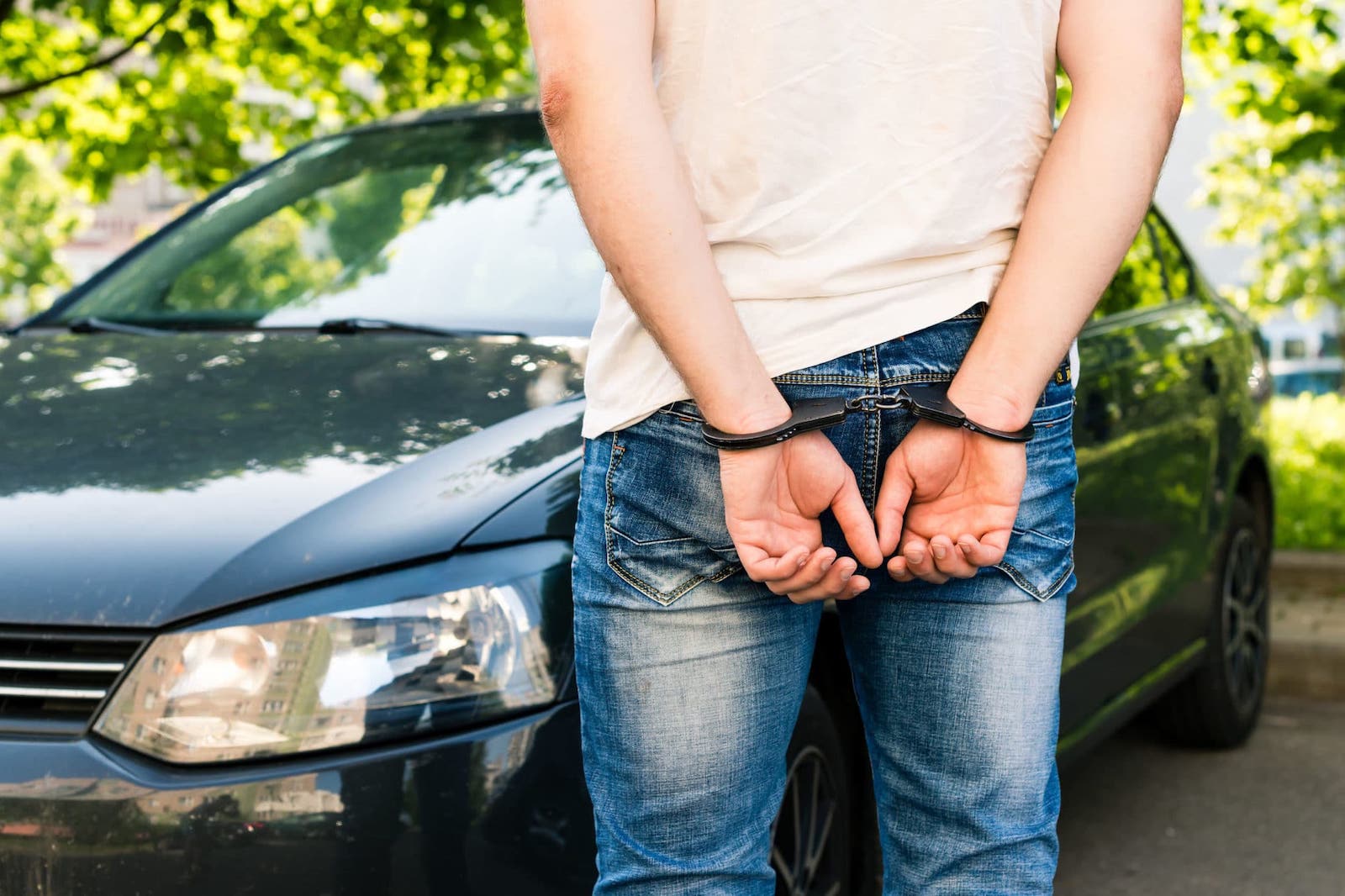
Wrongful Arrest
What is a False Arrest?
What Constitutes False Arrest?
Many false arrest cases involve not just police or sheriff departments, but also retail employees, retail owners, and private security guards. For instance, if the owner of a shop held you against your will under probable cause you had stolen something (and you hadn’t stolen anything) you may have a potential case. Other examples of false arrest can include:
- Arresting the wrong person
- Arresting a person based on race and/or ethnicity
- Arresting a person without any probable cause that a crime had been committed
- Arresting a person due to incompetence, malice, or for personal gain
- Arresting a person with an arrest warrant that the police officer obtained by submitting false evidence to the court
- Arresting a person with a previously withdrawn or otherwise invalid arrest warrant
This is certainly not an exhaustive list of potential situations. As a general rule, if you feel that you are being arrested or detained for a non-legal reason, you should consider consulting with a lawyer.
Federal Law and False Arrest Cases
False arrest is a violation of your Constitutional Rights, including the 4th Amendment right against unreasonable seizure of persons. A person who is arrested without probable cause can bring a civil action against the officer under 42 USC § 1983 for false arrest. The critical issue in this type of lawsuit, however, is the absence of probable cause. If the police officer did not have probable cause to arrest you, you may have a claim.
Potential Compensation in a False Arrest Case
False arrest lawsuits generally target the arresting officer, the police department, or even the county. For the most part, the lawsuit in these cases covers damages brought by mental distress and embarrassment. Other damages can include:
- Lost Wages
- Any damages to your reputation
- Embarrassment
- Physical harm or mental or physical illnesses suffered as a result of the arrest
- Wrongful death
- False imprisonment
- Malicious prosecution
Protect Your Rights
It is very important to note that if you plead guilty to a crime and then later found out that you had been wrongly arrested, the court can legally throw out your lawsuit and you cannot sue for damages. Furthermore, false arrest cases can be highly complex, especially if the defendant is a police department or county.
You can, therefore, benefit from the legal guidance and representation of a false arrest attorney. With experience in the upstate of South Carolina Nicolas J. Baughman is fully prepared to take on your case and aggressively pursue the responsible individual(s).


